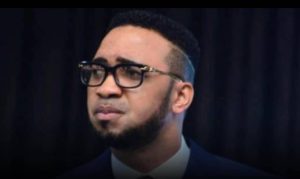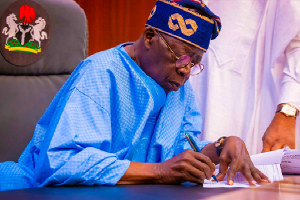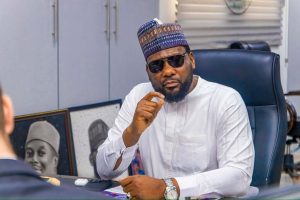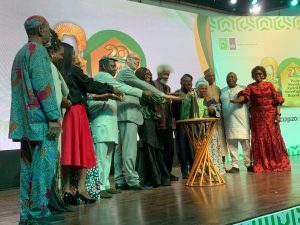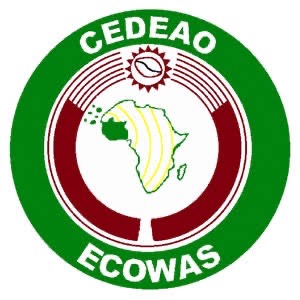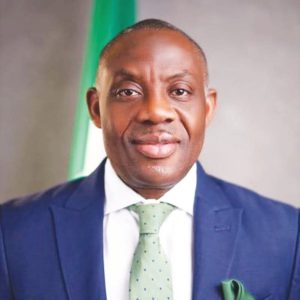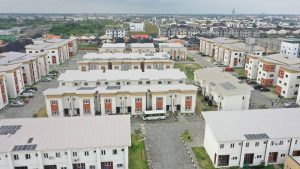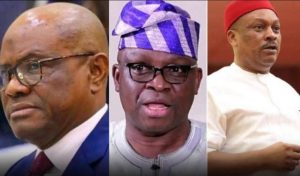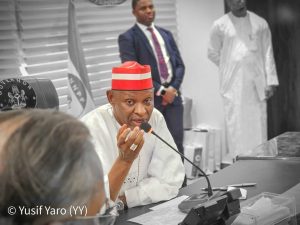By Damilare Adeleye
The Association Of Communication Scholars & Professionals of Nigeria (ACSPN) has urged government at all levels to develop policies on Artificial Intelligence (AI), fact-checking, and verification in order to deal with misinformation, disinformation and other ethical issues in digital communication.
The association also charged communication scholars and practitioners to continuously engage in research partnerships that will build communication institutions, literature, researches that are central to sustenance of communication scholarship and practice in Nigeria.
ACSPN gave the charge during its 11th Annual Conference and General Meeting which was held between 4th – 5th September 2024 at Lagos Airport Hotel.
The conference, which centered on “Digital Communication and Governance in Africa”, was hosted in partnership with Lagos State University (LASU), Covenant University, Caleb University, Crescent University, Nigeria Institute of Journalism, Olabisi Onabanjo University, International Press Centre, Ajayi Crowther University, D. S. Adegbenro ICT Polytechnic and Advertising Regulatory Council of Nigeria (ARCON).
In a communiqué issued at the end of the conference by Dr Solomon Abiodun Oyeleye, its General Secretary, ACSPN urged communication and journalism institutions to start implementing the Teaching Hospital (PRACTICUM) Model in educating their students as a model that facilitates hands-on experiential learning thus combining theoretical knowledge with practical application in a real-world setting.
It further added that “communication researchers and practitioners should work with scholars around the world to understand and develop AI neutral network-based methods in order to map opinions and discussion for good governance and development in Africa.”
“Communication and Journalism institutions and scholars should engage in attracting funds that can be used to construct AI and digital communication laboratories and newsrooms for teaching next generation of scholars and practitioners.
“Individual Departments in the unbundled Communication and Media Studies in Nigeria should ensure that they add the 30% local content required in line with the expertise of the educators in their disciplines.
“Young scholars at the Postgraduate Master class were advised to work with established researchers so as to learn how to write grant winning proposals,” the communique read.
Meanwhile, in his opening address, Professor Umaru Pate, Vice Chancellor, Federal University and ACSPN President, enjoined participants to cultivate, nurture and sustain network and relationship building among themselves, especially scholars and practitioners.
He said this was one of the ways to further build and sustain communication scholarship and practice.
While also delivering his opening remarks, Prof. Ralph Akinfeleye, the Chairman, stated that the process of digitalisation of information, good governance and change was very difficult and capital-intensive but must be confronted by leaders, scholars and governments at all levels.
In his keynote address, Mr Dapo Olorunyomi, Publisher of Premium Times, stated that the news media industry in Africa is faced with unprecedented crises of funding and information disorder that require the focus and attention of media scholars, practitioners, government, civil society and all professionals in the media and communication space.
“He posited that Artificial Intelligence (AI) holds prospects for quality public service delivery, inclusivity, good governance, growth and accountability. However, he cautioned that AI must be deployed ethically to avoid privacy violations and ensure good governance. He called for the design and implementation of a national policy on the deployment of AI strategy.
“The Executive Governor of Lagos State, Babajide Olusola Sanwo-Olu, ably represented by the Honourable Commissioner of Information and Strategy, Mr Gbenga Omotoso, stated that the theme of the conference was apt because it came at a time when the Lagos State Government is using digital communication as a pillar in transforming governance by connecting the State with fibre optic cables as part of its smart city project. He said roads in the State were installed with CCTV cameras to control crime and ease navigations by commuters,” the communique read partly.






